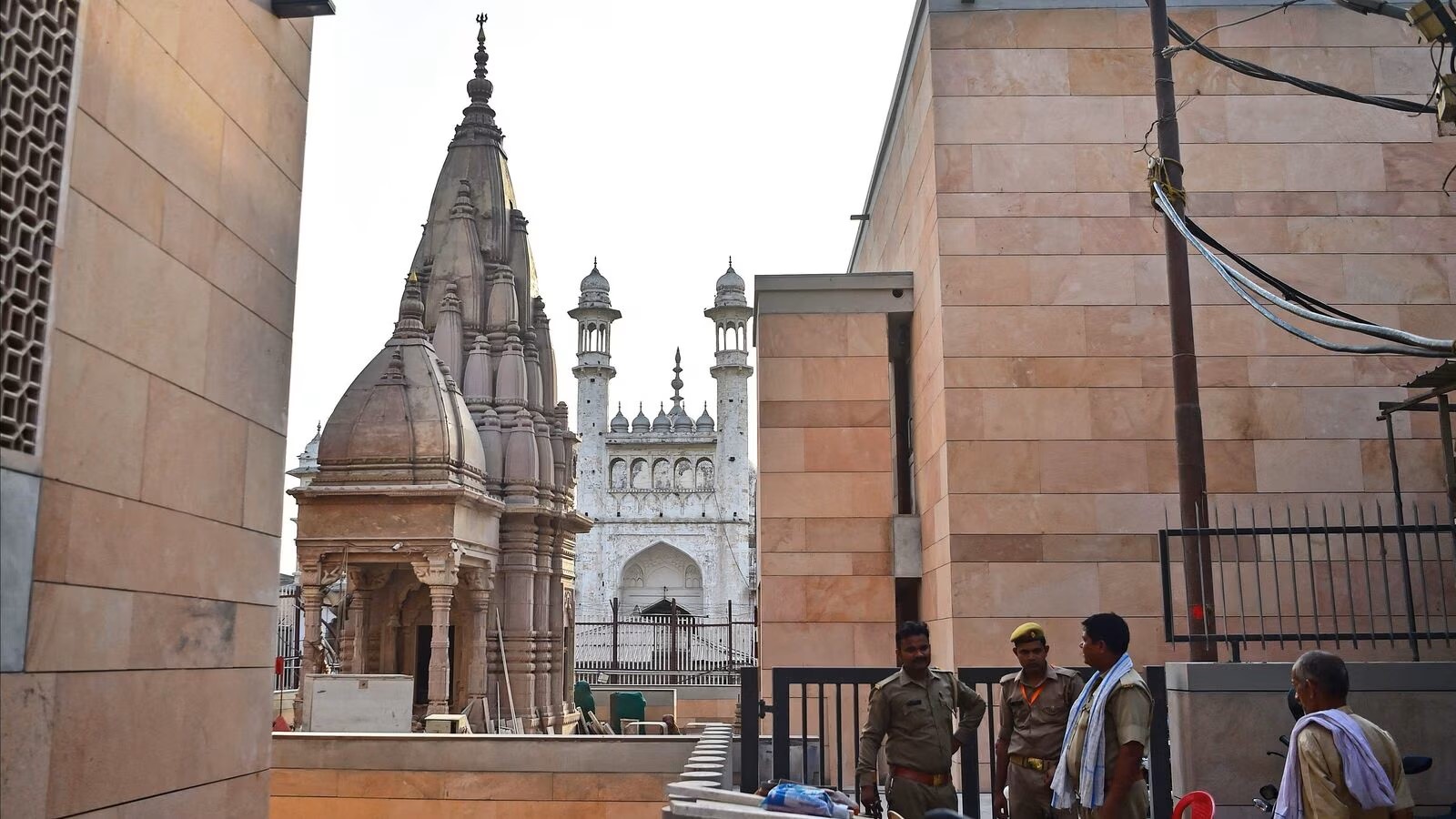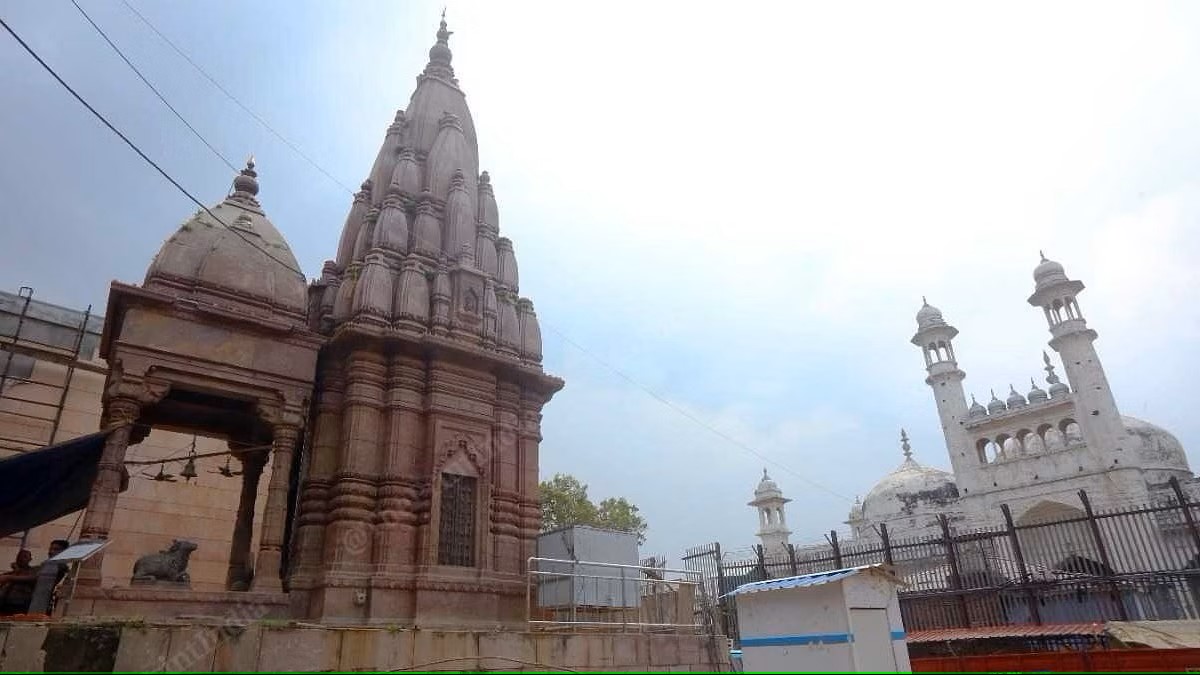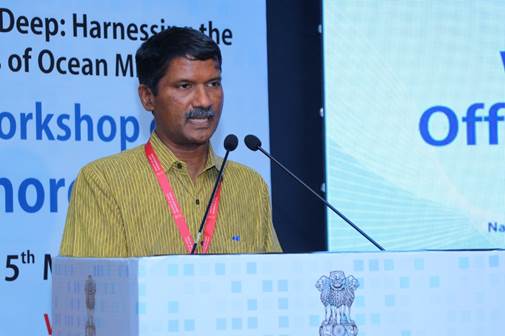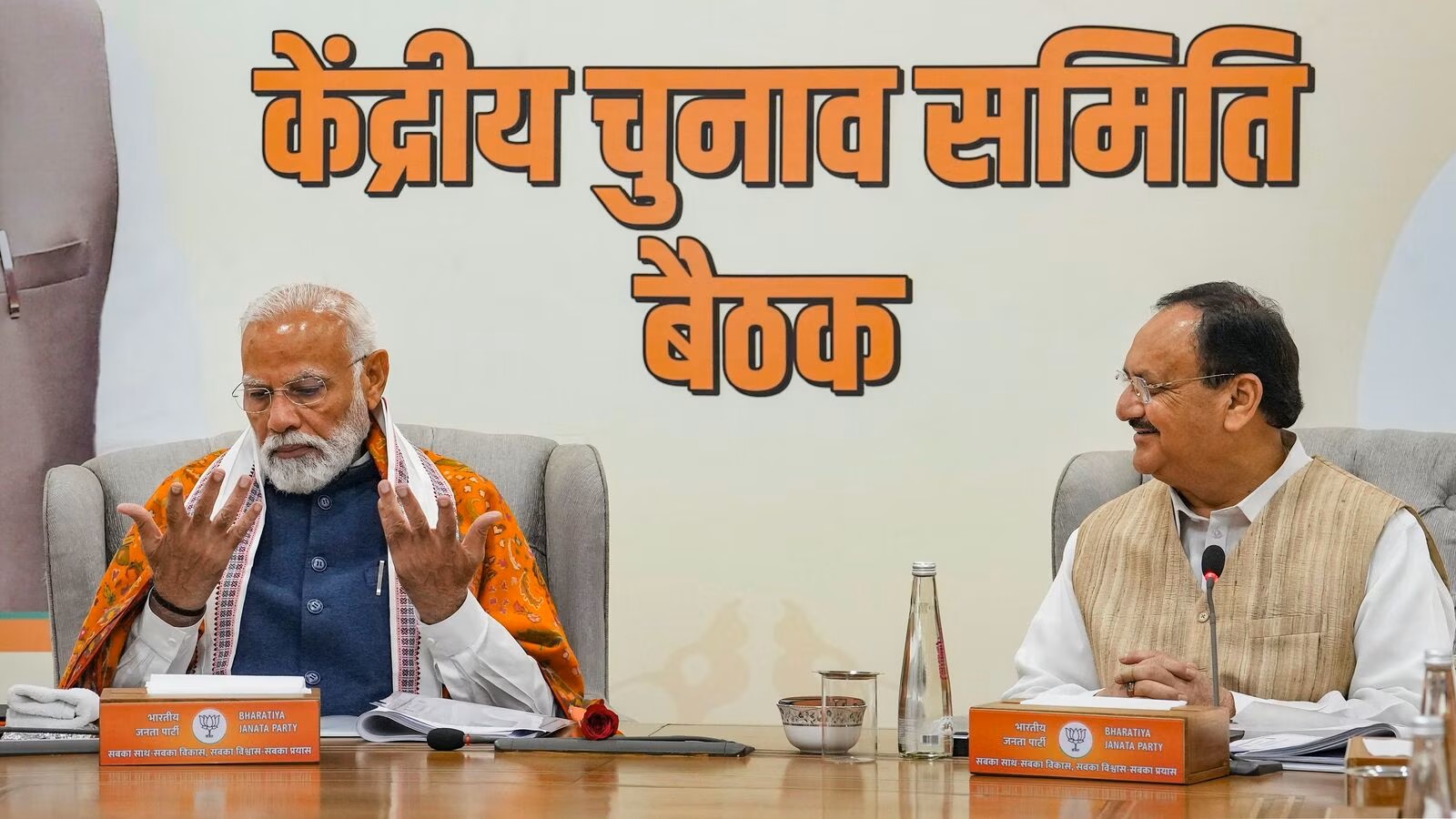The Archaeological Survey of India (ASI) presented a survey report on the Gyanvapi Masjid complex in a sealed cover in the Varanasi district court on Wednesday. The court has fixed the next hearing for Thursday.
Hindu side’s lawyer Vishnu Shankar Jain said the court has fixed December 21 for opening the sealed report and handing over its copies to the lawyers of both parties. The Muslim side has appealed to the court not to make the survey report public.
ASI conducted a scientific survey of the Gyanvapi complex located next to the Kashi Vishwanath temple for 100 days from July 21 to November 16. Its purpose was to find out whether the mosque was built over the remains of a pre-existing Hindu temple structure.
Earlier on Tuesday, the Allahabad High Court ruled that civil suits filed by Hindu worshipers and deities along with others demanding restoration of the temple in the mosque complex are not barred by the Places of Worship Act.
The Gyanvapi Masjid controversy is one of the most controversial religious issues in India. The Hindu side claims that the mosque was built by the Mughal emperor Aurangzeb in the 16th century by demolishing a Hindu temple. The Muslim side claims that the mosque is a legitimate religious site and is protected by the Places of Worship Act of 1991.

What will happen at the next hearing?
On the next hearing, the court will open the sealed report and hand over copies of it to the advocates on both sides. Both sides will present their respective arguments. The court will ultimately decide whether the demand for the restoration of the temple in the mosque complex is justified or not.
Possible consequences of the decision
The court’s decision may prove to be a turning point in India’s religious politics. If the court accepts the demand for restoration of the temple in the mosque complex, it will be a historic decision. It may also affect the spirit of religious pluralism in India.
However, if the court rejects the demand for the restoration of the temple in the mosque complex, it will be a big blow to the Hindu side. It may also increase religious tensions in India.
position of both sides
The Hindu side says the ASI report shows that the Gyanvapi Mosque was built over the remains of a pre-existing Hindu temple structure. On this basis, the Hindu side is demanding that the temple be restored to the mosque premises.
The Muslim side says the ASI report is inadequate and does not draw any concrete conclusions about the timing of the construction of the mosque. The Muslim side claims that the mosque is a legitimate religious site and is protected by the Places of Worship Act of 1991.
India’s eyes will be on the Varanasi district court in the next few days. The court’s decision may prove to be a turning point in India’s religious politics.




